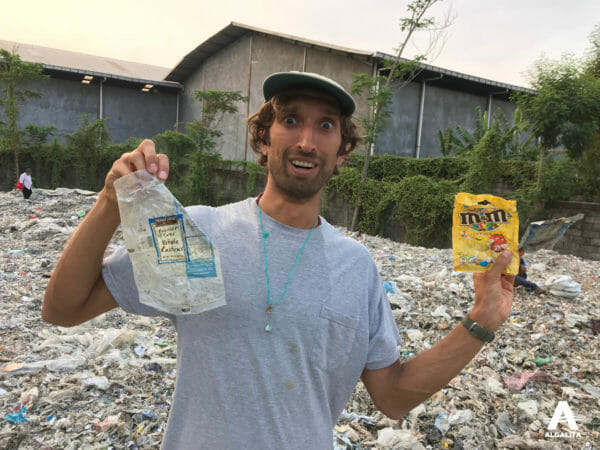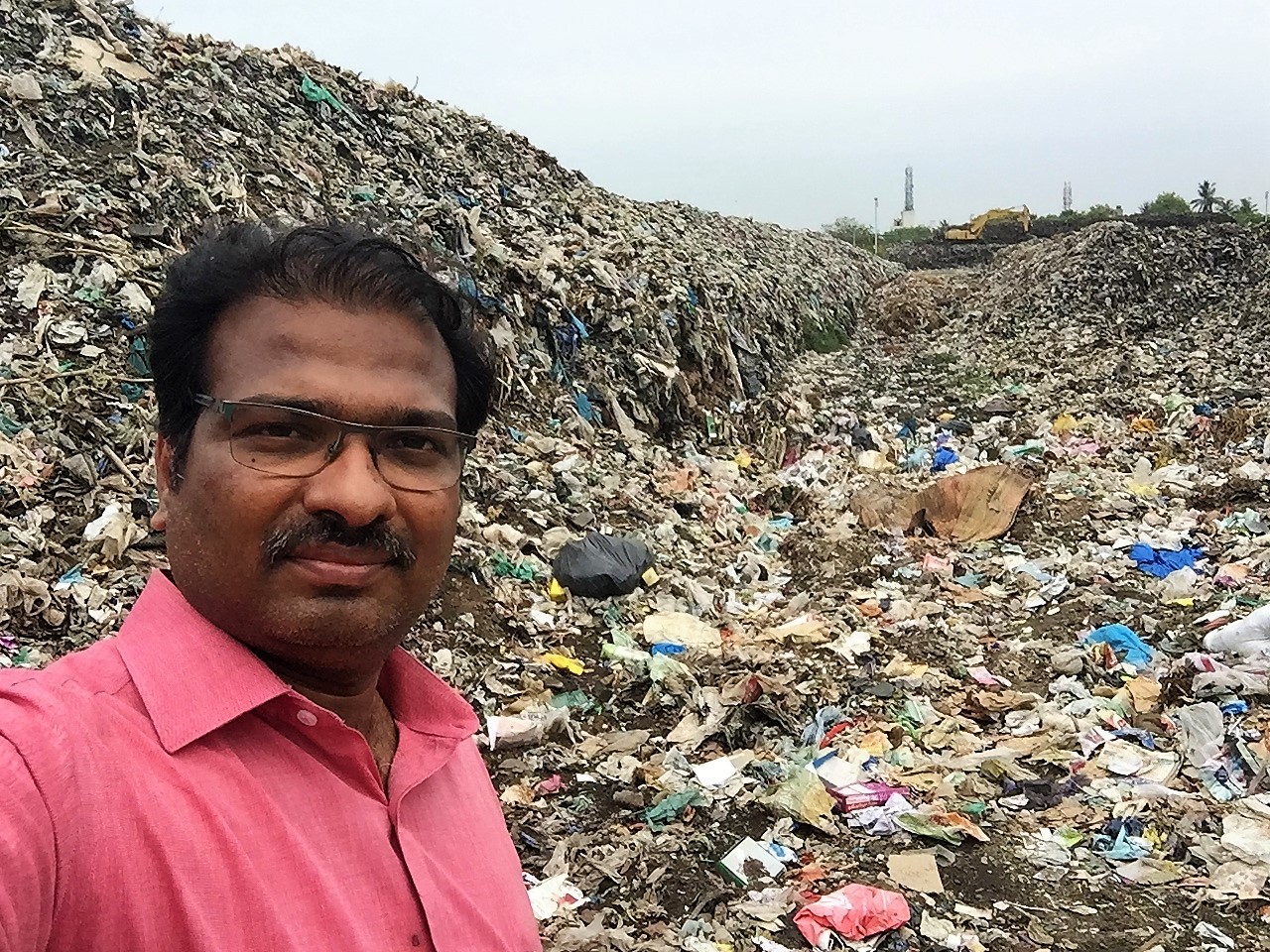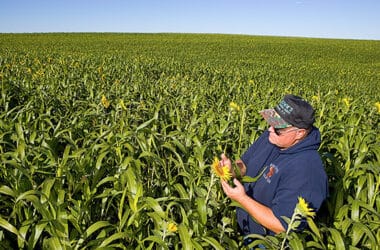
Support EcoJustice Radio with a Tax-Deductible Donation
Subscribe to EcoJustice Radio: Apple Podcasts | SoundCloud | Google | Spotify | Stitcher | YouTube | Links
Shibu Nair speaks on the struggle with the plastic plague in India.
Can We Stop Plastic Consumption? Do Recycling Economics Make Sense?
More than 300 million tons of new plastic is produced annually and less than 10% is recycled. 40% of the plastic produced is for packaging. China was the recycling destination for over 40% of the USA’s waste commodities. When they shuttered their doors to recycling imports, new opportunities popped up in other countries, but with it came the same issues of contamination, excess waste, and a dumping ground for the consequences of a “throwaway society.”
Our guests include Shibu Nair, India Coordinator for GAIA – Asia Pacific and Michael Doshi, Director of Partnerships for Algalita Marine Research & Education. Jessica Aldridge from Adventures in Waste hosts the discussion.
STORY: Reducing Single-Use Culture Through Legislation – National Zero Waste Conference
It feels good to recycle. It feels like we have done our part to make sure an item no longer of use may one day be used again. When we toss a plastic item into recycling it will make its way to a sorting facility where it is separated into categories based on value and then sold to market, domestically or oversees. But does it truly get recycled? What is the burden of other countries taking our waste?
Sadly, most plastic is not recycled. Not speaking about the bottles and yogurt cups, but the mass amount of various packaging that yields very little value. Currently, more than 300 million tons of new plastic is produced annually and less than 10% is recycled. 40% of the plastic produced is for packaging. In the United States, containers and packaging make up 30% of total waste generation (which includes everything is recycled, incinerated, or landfill).
STORY: Connecting Waste and Climate Change – National Zero Waste Conference


In February 2018, the Chinese National Sword came into effect and banned the import into China 24 types of waste material and set a hard to meet standard for contamination levels. The restrictive contamination rate of 0.5% on most material is nearly impossible to meet when collecting and separating Municipal Solid Waste, even with the best technology.
The action rolled into a declaration called China Blue Skies 2050, which sets goals of reducing GHGs, cleaning up their recycling industry, and processing more of their domestic recyclables vs. importation of material. As a direct result, the global community lost their main export source for recyclables and waste diversion. Prior to the National Sword, China was the recycling destination for over 40% of the United States plastic, paper, and other commodities. Recycling facilities and export opportunities opened up in other countries, but with it came the same issues of contamination, excess waste, and a dumping ground for the consequences of a “throwaway society.”
STORY: Vandana Shiva: Monsanto Impoverishes Ecosystems, Farmers and Consumers


Shibu K. Nair is an environmental activist from South India with 20 years of experience in environmental education, conservation, movements, policy and advocacy campaigns. He is a former Saathi Fellow of Association of India’s Development and Bay area chapter and Zero Waste Fellow of GAIA and Ecology Centre in Berkeley, CA.
http://www.no-burn.org
Michael Doshi is Algalita’s Director of Partnerships, spearheading strategic partnership collaborations, engaging like-minded organizations working on innovative solutions to participate in educating youth through Algalita’s leadership programs. Doshi travels the world conducting waste investigations to experience where our plastic ends up in the environment and how it impacts humans.
https://algalita.org/
Jessica Aldridge, co-host of EcoJustice Radio, is an environmental educator, community organizer, and waste industry leader. She is a co-founder of SoCal 350, organizer for ReusableLA, and founded Adventures in Waste. She has worked for 15 years as a Zero Waste professional, a former professor of Recycling and Resource Management at Santa Monica College, and is a recipient of the inaugural Waste Expo 40 Under 40 award.
Podcast Website: http://ecojusticeradio.org/
Podcast Blog: https://wilderutopia.com/category/ecojustice-radio/
Support the Podcast: https://socal350.org/contribute-to-socal-350-climate-action/
Hosted by Jessica Aldridge
Engineer: Blake Lampkin
Executive Producer: Jack Eidt
Producer: Georgia Tunioli
Show Created by Mark and JP Morris
Music: Javier Kadry
Episode 61
Photo Credit: Shibu Nair
Updated 3 March 2021









Pingback: HUMAN HEALTH: The Threats of Plastic – Plastic Plague Pt 3 | WilderUtopia.com
Pingback: REFINEMENT: Cracking the Plastic Production Boom – Plastic Plague Pt 2 | WilderUtopia.com
Pingback: THE BOTTLE SCAM: Land, Water, and Indigenous Rights – Plastic Plague Pt. 5 | WilderUtopia.com
Pingback: THE FUTURE: Solutions, Policy, & Resistance Around Plastic – Plastic Plague Pt 7 | WilderUtopia.com
Pingback: PLASTIC PARADIGM SHIFT: Reduction, Recycling, & Technology | WilderUtopia.com
Pingback: EXTRACTION: Fracking and Drilling for Plastic Dreams | WilderUtopia.com
Pingback: Break Free From The Plastic Death Cycle
Pingback: Changing the Paradigm: Practicing Renegade Economics